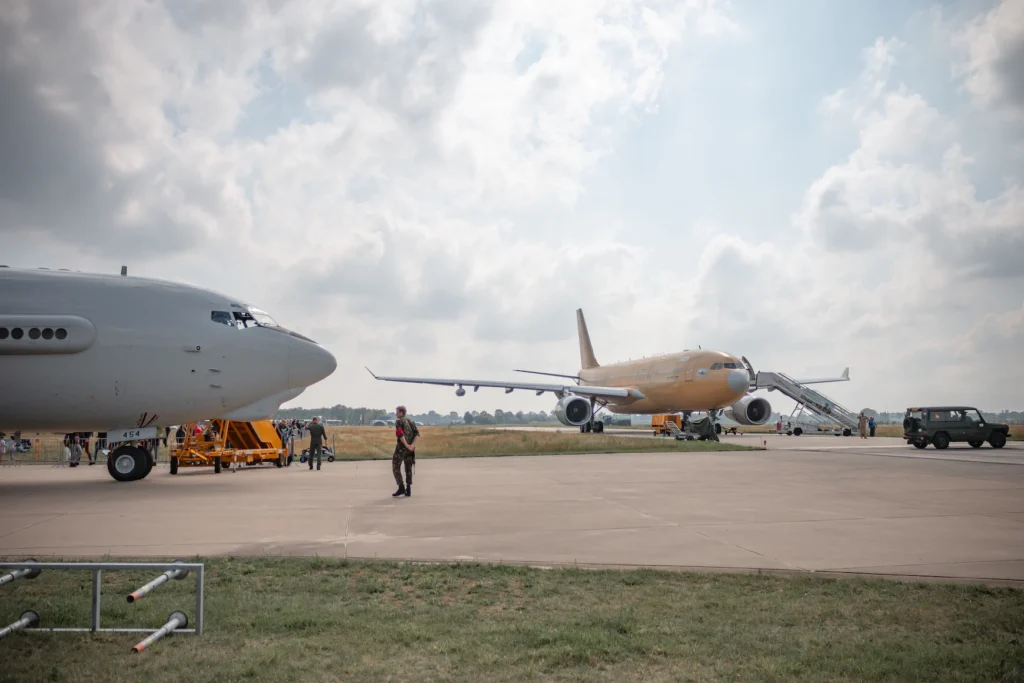
Published July 21, 2023
Earlier this month, following a stormy NATO summit at which Ukrainian president Volodymyr Zelensky ranted at Western countries for failing to fast-track Ukraine into NATO membership, the British defence minister, Ben Wallace, finally hit back. “Whether we like it or not,” he observed in unscripted remarks, “people want to see gratitude” from Ukrainian leadership for all the support they are receiving. Ukraine, he said, seemed to think that Western moral and military support was a bottomless well, submitting endless lists of weapons they wanted delivered now as if they were placing an Amazon order.
The remarks elicited outrage and mockery in many quarters and may even have helped precipitate Wallace’s sudden announcement of his resignation as Britain’s defence minister a few days later. It’s not hard to see why. After all, when the Ukrainians have been pouring out their blood, tears, toil, and sweat for 16 months to repel a vicious invader, it can’t help but come across as entitled and elitist for a prosperous ally to demand that they start sending more thank-you notes. If Ukraine’s cause is just, if theirs is the cause of freedom and democracy, then shouldn’t all freedom-loving democracies be more than happy to give them all the aid they require and more?
And yet Wallace was simply giving voice to what many Western citizens and leaders have come to feel, though few have been willing to say it out loud. Ukraine is starting to come across like a spoiled and petulant child. According to recent polls, only 40 percent of Americans believe the United States should keep supporting Ukraine “as long as it takes,” and barring dramatic battlefield success (which seems improbable), this number is likely to decline. A year ago, Western audiences were likely to hail Zelensky as a charismatic war hero, but his regular routine of sanctimoniously lecturing parliaments and demanding ever-more-advanced weapons is starting to grate. But should we feel guilty for wanting gratitude? Is it not the duty of Western nations to help a neighbor in need?
Please continue reading on the WORLD Opinions website.
Brad Littlejohn, Ph.D., is a Fellow in EPPC’s Evangelicals in Civic Life Program, where his work focuses on helping public leaders understand the intellectual and historical foundations of our current breakdown of public trust, social cohesion, and sound governance.
Picture from Unsplash
Brad Littlejohn, Ph.D., is a Fellow in EPPC’s Evangelicals in Civic Life Program, where his work focuses on helping public leaders understand the intellectual and historical foundations of our current breakdown of public trust, social cohesion, and sound governance. His research investigates shifting understandings of the nature of freedom and authority, and how a more full-orbed conception of freedom, rooted in the Christian tradition, can inform policy that respects both the dignity of the individual and the urgency of the common good. He also serves as President of the Davenant Institute.









